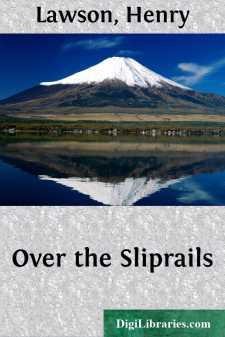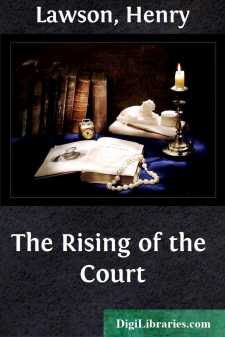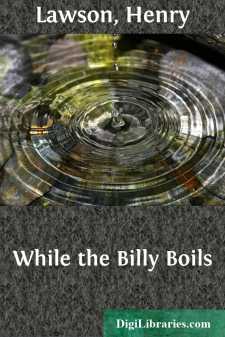Categories
- Antiques & Collectibles 13
- Architecture 36
- Art 48
- Bibles 22
- Biography & Autobiography 815
- Body, Mind & Spirit 144
- Business & Economics 28
- Children's Books 18
- Children's Fiction 14
- Computers 4
- Cooking 94
- Crafts & Hobbies 4
- Drama 346
- Education 58
- Family & Relationships 59
- Fiction 11833
- Games 19
- Gardening 17
- Health & Fitness 34
- History 1378
- House & Home 1
- Humor 147
- Juvenile Fiction 1873
- Juvenile Nonfiction 202
- Language Arts & Disciplines 89
- Law 16
- Literary Collections 686
- Literary Criticism 179
- Mathematics 13
- Medical 41
- Music 40
- Nature 179
- Non-Classifiable 1768
- Performing Arts 7
- Periodicals 1453
- Philosophy 65
- Photography 2
- Poetry 896
- Political Science 203
- Psychology 44
- Reference 154
- Religion 515
- Science 126
- Self-Help 85
- Social Science 82
- Sports & Recreation 34
- Study Aids 3
- Technology & Engineering 59
- Transportation 23
- Travel 463
- True Crime 29
Our website is made possible by displaying online advertisements to our visitors.
Please consider supporting us by disabling your ad blocker.
Over the Sliprails
by: Henry Lawson
Categories:
Description:
Excerpt
The Shanty-Keeper's Wife
There were about a dozen of us jammed into the coach, on the box seat and hanging on to the roof and tailboard as best we could. We were shearers, bagmen, agents, a squatter, a cockatoo, the usual joker—and one or two professional spielers, perhaps. We were tired and stiff and nearly frozen—too cold to talk and too irritable to risk the inevitable argument which an interchange of ideas would have led up to. We had been looking forward for hours, it seemed, to the pub where we were to change horses. For the last hour or two all that our united efforts had been able to get out of the driver was a grunt to the effect that it was "'bout a couple o' miles." Then he said, or grunted, "'Tain't fur now," a couple of times, and refused to commit himself any further; he seemed grumpy about having committed himself that far.
He was one of those men who take everything in dead earnest; who regard any expression of ideas outside their own sphere of life as trivial, or, indeed, if addressed directly to them, as offensive; who, in fact, are darkly suspicious of anything in the shape of a joke or laugh on the part of an outsider in their own particular dust-hole. He seemed to be always thinking, and thinking a lot; when his hands were not both engaged, he would tilt his hat forward and scratch the base of his skull with his little finger, and let his jaw hang. But his intellectual powers were mostly concentrated on a doubtful swingle-tree, a misfitting collar, or that there bay or piebald (on the off or near side) with the sore shoulder.
Casual letters or papers, to be delivered on the road, were matters which troubled him vaguely, but constantly—like the abstract ideas of his passengers.
The joker of our party was a humourist of the dry order, and had been slyly taking rises out of the driver for the last two or three stages. But the driver only brooded. He wasn't the one to tell you straight if you offended him, or if he fancied you offended him, and thus gain your respect, or prevent a misunderstanding which would result in life-long enmity. He might meet you in after years when you had forgotten all about your trespass—if indeed you had ever been conscious of it—and "stoush" you unexpectedly on the ear.
Also you might regard him as your friend, on occasion, and yet he would stand by and hear a perfect stranger tell you the most outrageous lies, to your hurt, and know that the stranger was telling lies, and never put you up to it. It would never enter his head to do so. It wouldn't be any affair of his—only an abstract question.
It grew darker and colder. The rain came as if the frozen south were spitting at your face and neck and hands, and our feet grew as big as camel's, and went dead, and we might as well have stamped the footboards with wooden legs for all the feeling we got into ours. But they were more comfortable that way, for the toes didn't curl up and pain so much, nor did our corns stick out so hard against the leather, and shoot.
We looked out eagerly for some clearing, or fence, or light—some sign of the shanty where we were to change horses—but there was nothing save blackness all round....







